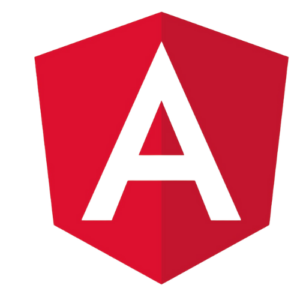Your digital transformation partners!
Get In Touch
+91 9225117897
info@goodmansvision.com
Savarkar Nagar, Nashik, Maharashtra, India
Angular

Angular is a popular frontend JavaScript framework widely used for creating single-page applications (SPAs) and progressive web applications (PWAs). Developed and maintained by Google, it provides developers with a robust set of tools and features for creating scalable and high-performance web applications. Angular is built on top of TypeScript, a superset of JavaScript that adds static typing and other features to the language. It simplifies the process of building complex and scalable web applications
PROS
- Angular is highly modular and component-based, making it easy to develop and maintain large applications
- It includes a wide range of features out of the box, including dependency injection, forms, and routing
- It provides a powerful set of tools and libraries for building dynamic and interactive user interfaces
- It has a large and active community of developers, which means that there are a lot of resources available for learning and troubleshooting
- Angular is designed for high performance and scalability, making it a great choice for large and complex applications
CONS
- Angular can be difficult to learn for developers who are new to the framework or to JavaScript
- It can be resource-intensive and may not be the best choice for small or simple applications that don't require a lot of dynamic features
- Building complex and scalable web applications that require a lot of dynamic features, such as real-time updates, forms, and data visualizations
- Developing enterprise-level applications that need to handle large amounts of data
Google’s AdWords and AdSense platforms are built using Angular as well as many other Google products along with many other large-scale applications such as Microsoft Office Online and PayPal

Small Business Grow faster With Our Consulting Services

Subscribe
Join us! Our Newsletter will keep you updated!

